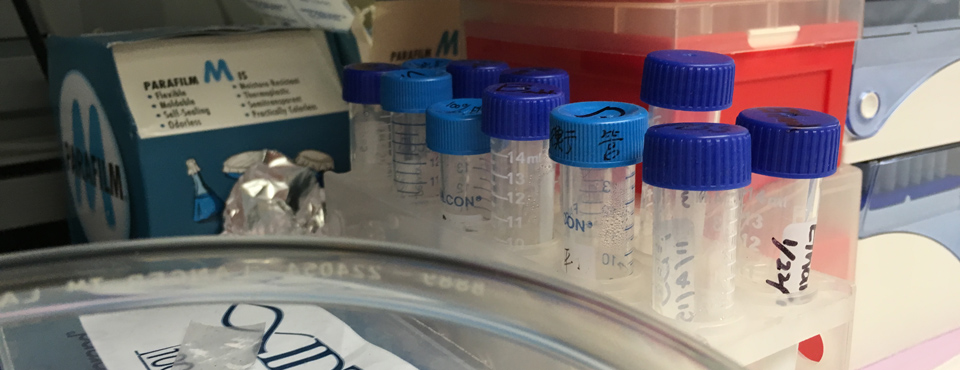Veterinary Laboratories: Protecting the Health of Dogs and Cats
Veterinary Laboratories: Protecting the Health of Dogs and Cats
Blog Article
Dogs and cats bring joy to our homes, and supporting their wellness is essential. Veterinary laboratories are key components in monitoring wellness for our four-legged friends.
Throughout this resource, we’ll discuss why pet diagnostics are vital and show how labs work with vets.
How Do Veterinary Laboratories Work?
Advanced veterinary diagnostics are specialized centers for examining samples. They help veterinarians to make accurate diagnoses.

Steps in veterinary testing usually includes:
- Preparing samples for testing: Blood, urine, or feces are gathered during visits.
- Sample examination: State-of-the-art processes evaluate the samples.
- Diagnostic reports: Insights guide care plans for targeted interventions.
Essential Tests in Veterinary Labs
A variety of tests are available for pets to address medical issues. Popular tests include:
- Hematology panels: Identify infections.
- Urine testing: Check for diabetes.
- Stool testing: Spot signs of infections.
- Dermatological diagnostics: Improve coat health.
- Advanced imaging tests: Evaluate bone and joint health.
Why Diagnostic Exams Are Essential
Frequent health checks helps catch problems early. By identifying issues early, you can prevent serious conditions.

The value of testing include:
- Effective treatments: Chronic issues are managed.
- Cost savings: Prevention saves money in the long run.
- Trust in their well-being: Manage concerns proactively.
laboratorio veterinario abclaboratorio de analises clinicas veterinarias
laboratório veterinário popular
Why Testing Matters for Dogs and Cats
Veterinary labs help pets live long, healthy lives. By making testing part of their care, you catch issues early.
Talk to your vet about testing today and keep them healthy and thriving!
Report this page